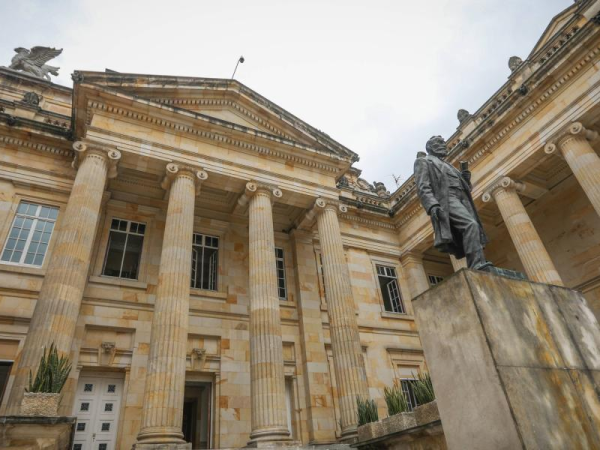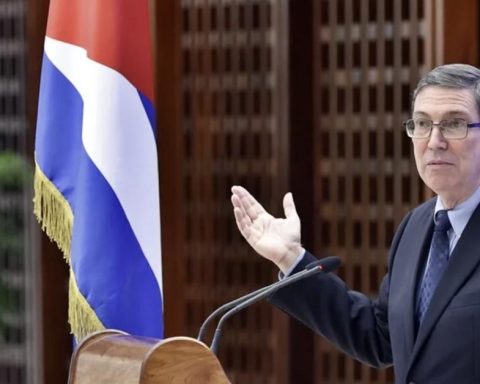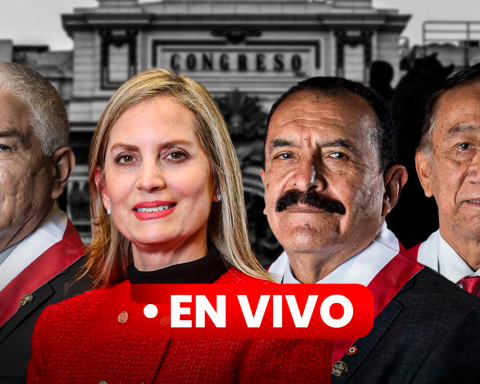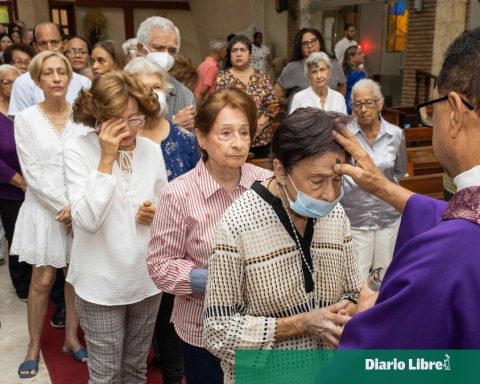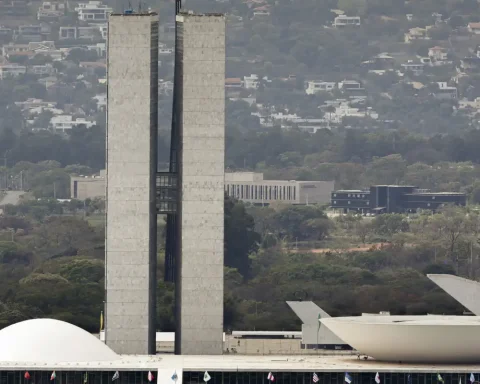This Tuesday The text of the political reform was released with which the government of Gustavo Petro intends to modify the internal structure of the National Electoral Council (CNE) and change the way in which its magistrates are elected. The filing of the initiative has sparked harsh criticism because it will reach Congress in the middle of the court’s investigation against the presidential campaign of the current head of state for the alleged violation of electoral limits.
(Read more: ‘The end of humanity has begun’: Petro, in his speech at the UN Assembly)
The initiative, promoted by the Minister of the Interior, Juan Fernando Cristo, aims for the CNE magistrates to be selected after public calls and merit-based competitions by the Constitutional Court, the Supreme Court of Justice and the Council of State, instead of doing so through partisan agreements, as occurs today.
While for analysts and experts in the field, the reform of the CNE is a step in the right direction – the court has historically been criticized for the partisan influence in the election of its judges – the The fact that this reform is being discussed at this time has raised doubts whether this proposal is a genuine attempt to depoliticize the court or whether it is a political strategy to put pressure on it.
(Read more: National Budget: Congress denounces ‘not very soft’ blow to the 2026 elections)
What does the project say?
The legislative act consists of nine articles and 11 pages.The initiative, which was filed on Tuesday, is based on the establishment of closed lists and internal democratic processes for the election of corporations. In this way, if the project is approved, the preferential vote for corporations (Congress, Assemblies and Council) will end. In addition, parity in the lists is established, that is, for every man there must be one woman.
Another central point of the initiative promoted by the Government is the reform of the CNE. The aim is to put an end once and for all to the political origin of the magistrates of this body. The project seeks to make the position for six years, that it be by competition and that the selection be by the high courts.
“The election of the magistrates will be carried out through a public call organized by the Judicial Branch. From the list of eligible candidates, the Constitutional Court will select three (3) members, the Supreme Court of Justice three (3) members and the Council of State three (3) members, who will serve as full-time public servants and will have the same qualifications, disqualifications and incompatibilities and rights as the magistrates of the High Courts.”the document says.
(More news: Alternative proposal for the 2025 Budget for 488 billion pesos is filed)
In addition, the document indicates that no one who has held leadership positions in political organizations or has aspired to or held elected positions in the National Electoral Council may be a magistrate. the seven years immediately preceding the date registration for the public call.
Along the same lines, a two-year incompatibility period was included after the magistracy. For that period, “The magistrates of the National Electoral Council may not hold positions of party leadership, nor be appointed Ministers or Directors of Administrative Departments, nor be nominated for elected positions.”
(See: The strategy with which actions will be coordinated in favor of energy security)
TIME – POLITICS
